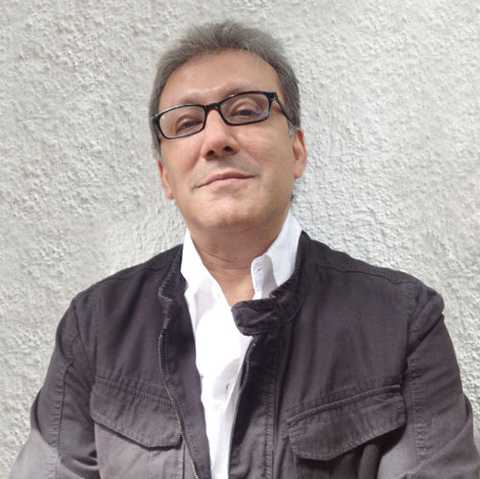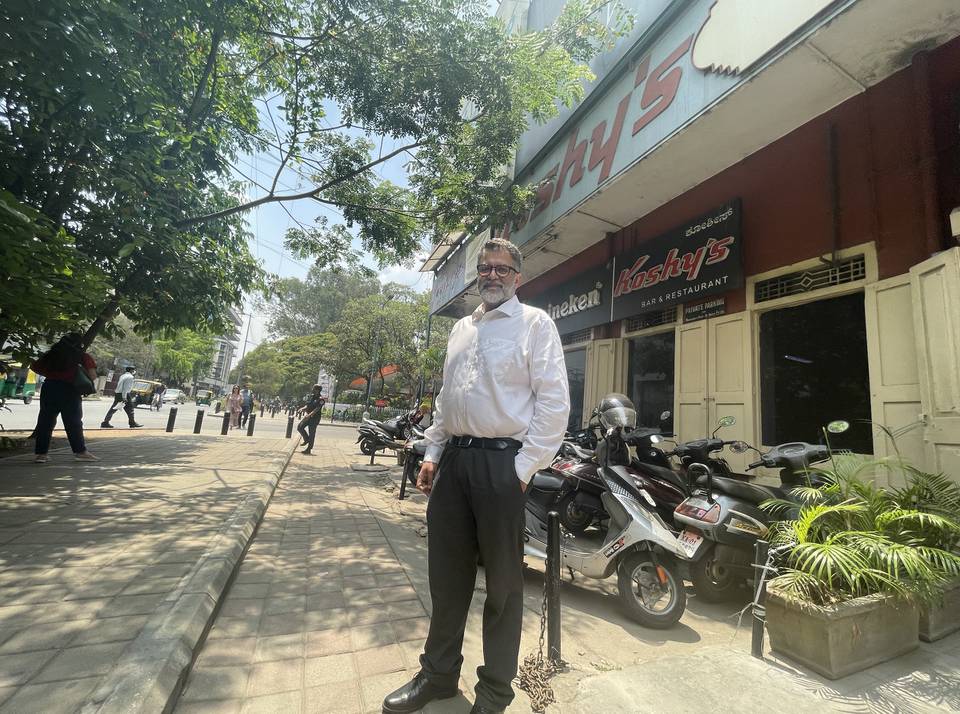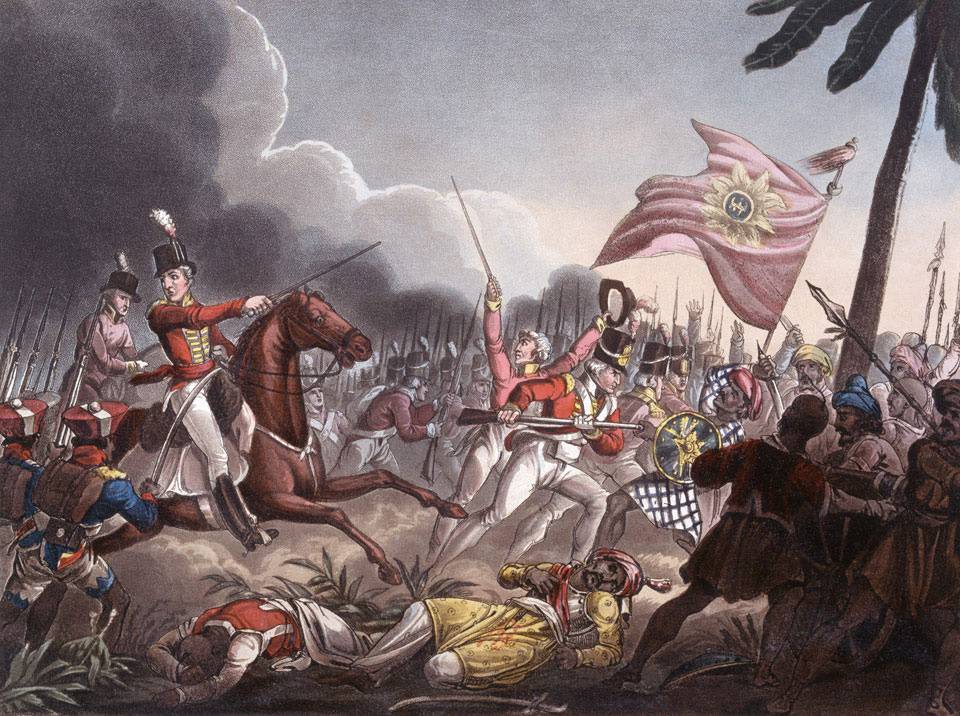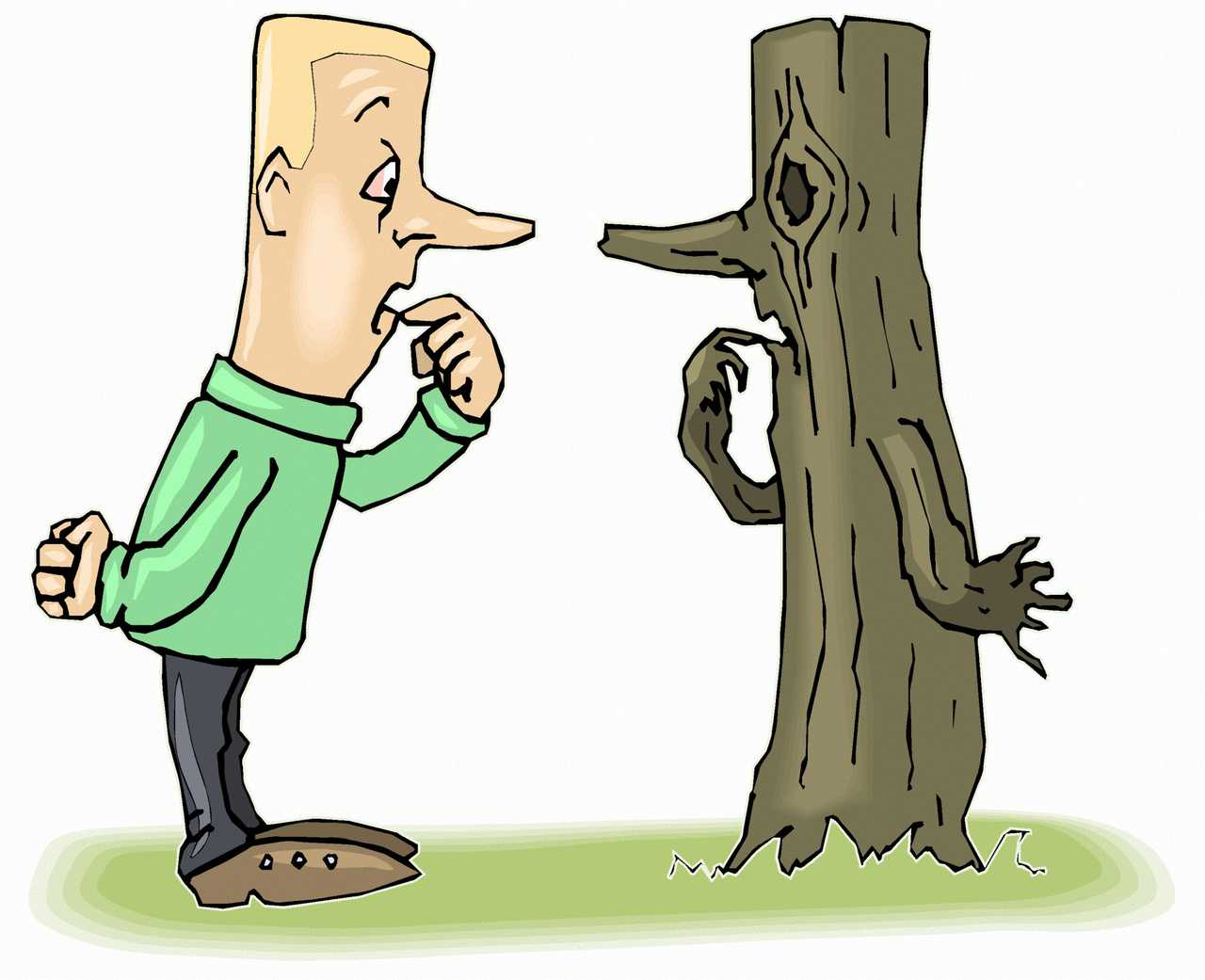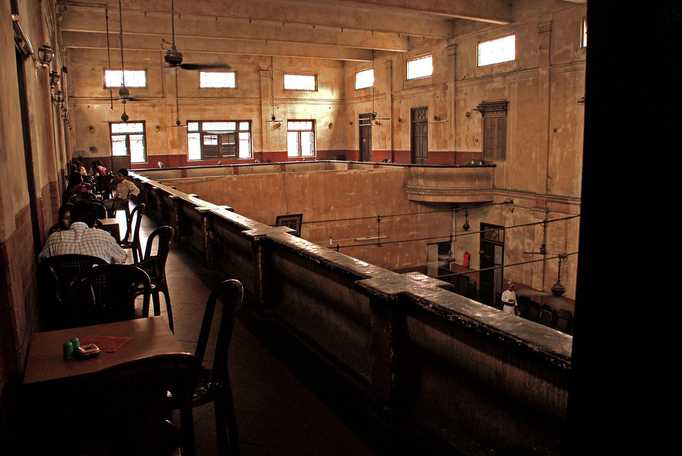The Way We Bangaloreans Speak Is Froke
Hold it right there. Did he just sign “whatever” at me? Three fingers, pointed upwards at first to denote a W and then sideways for an E. W-E. This was a young colleague, a journalist, in response to my question on a choice of angles for a story assignment. My initial reaction was that the little shit was being rude. But even as I was about to straighten his tie for him, another colleague explained that he was only trying to impress me with cool. I laughed, but it did not make sense. How could b
Feb 20, 2021, 18 56 | Updated: Feb 20, 2021, 18 56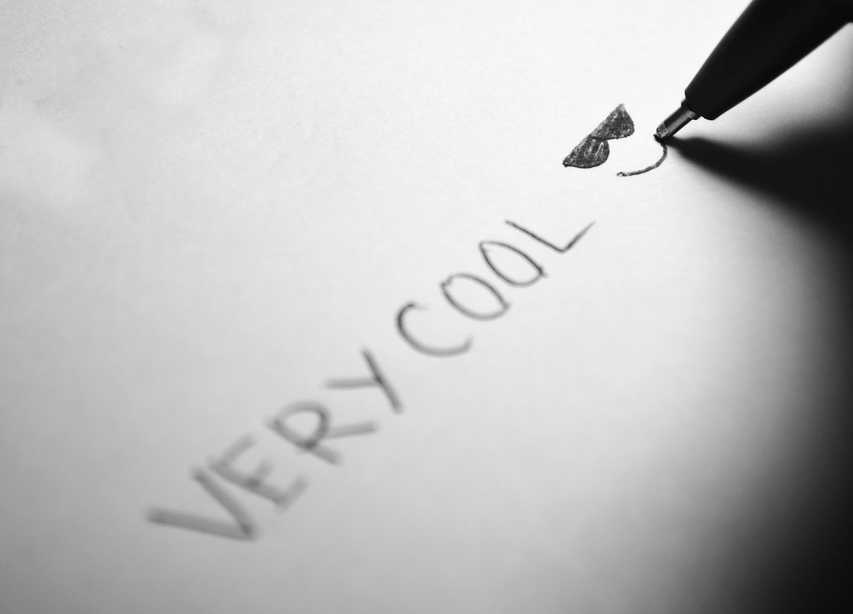
Hold it right there.
Did he just sign “whatever” at me?
Three fingers, pointed upwards at first to denote a W and then sideways for an E.
W-E.
This was a young colleague, a journalist, in response to my question on a choice of angles for a story assignment. My initial reaction was that the little shit was being rude. But even as I was about to straighten his tie for him, another colleague explained that he was only trying to impress me with cool.
I laughed, but it did not make sense. How could being over-familiar with me be considered “cool”?
Now, most bosses are not the sort that want their junior colleagues staffers to address them as subjects would address a Badshah - most of us like to think of ourselves as “good shahs”—but in the workplace, “Yessir” would be far less a career destroying phrase than “Whatever, dude”.
I came to the realisation that my young colleague did not know that he was being rude. He had learned the three-finger vocabulary from the Inner City Dictionary of the West; and even if he did not quite apply it in a culturally acceptable manner, full marks to him for thinking he was being cool. Or "kewl" as he often enunciated.
I turned to etymology, the study of words.
It’s my most favourite thing after double espresso. Words make language interesting; and words are used to make language stand on its head.
Folks have always played around with words.
For example, not many know that Shakespeare invented more than 1500 words that are commonly used today. I’m not making this up. Here are a few: Advertising. Dawn. Gossip. Obsequiously. Generous. Bedroom. Submerge. Undress. Gloomy. Frugal. Dwindle. Champion. Drugged. Lower. Negotiate. Puking.
Not only that, but he changed nouns into verbs, verbs into adjectives and used connecting words like no one had done before. All in all, Shakespeare invented a large part of the language that we cannot do without today. As I said, it’s what makes language interesting.
And because I take to etymology at the slightest pretext, I keep my ears open and made a note of the new expressions that I hear my fellow Bangaloreans use.
What’s clear is that we are not a city of people who are satisfied to leave the English language where Shakespeare once fattened it.
“SHUT UP”
It is spoken with a pause between the two words. The second word “up” is spoken as if it has two syllables—with an intonation that rises at the start of the word and then falls away to denote friendliness. (It is different from “Shaddup!” the instruction.) It’s amazement, gratitude and astonishment wrapped up in a pithy expression.
It was used by an intern, Ragini, a young journalism student. She worked with us as a writer for a few months; and her favourite shriek—one that startled us all—was “Shuuuut uuuuup!!!”
Editor (looking over her spectacles): “Ragini, I’m letting you do the interview with Sting. He’s staying at the Winds...”
Ragini: “I’m going to interview Sting??!! Shut uuuuup!!!”
It took the Editor a few beats to get that Ragini was not actually asking her to stop talking. She did not know what to make of this intern who was telling her 45-year old editor to “shut up”. Of course, I burst out laughing, just as I had when the young dude three-fingered me.
It turned out that Ragini had picked up this particular expression from “The Princess Diaries”. If it was good enough for Anne Hathaway, it was good enough for Ragini Kumar. Clearly, the movie had touched her. In the head.
“DOAD”
And there’s “dude”. The Bangalorean way of saying this is, “Doood”; but it becomes “Doad!” when there’s excitement. This is different from the dialect of the American stoner, “Dude, I’m like… dude.”
This is the Indian “Dooood”—of heavy consonant and unsubtle vowel. Imagine it as a substitute for “yaar”, with up and down inflection depending on the context, accompanied by a sideways head nod or hand pointed, palm upwards.
And then, I heard three absolutely new ones: Guindy, Froke and Arg.
“GUINDY’D”
I heard it at a bar in UB City, as a cricket match was being shown on a big screen TV.
“Crap. We guindy’d it, doad.”
I only know of Guindy as a neighbourhood in Chennai. So I asked the guy who said it what he had meant. “Guindy means you thought you were winning but you lost,” he explained, “it’s snatching defeat from the jaws of victory, is what is called 'guindying it'. ”
He could not tell me how he had come upon this expression, from when he had been using it and how his friends knew what it meant.
“FROKE”
I always thought froke was another word for freaked. I overheard a girl at the next table at Koshy’s refer to herself as froke.
“I’m froke,” she told a friend, “friggin’ froke.”
I leaned over in the interest of etymology. “You mean you froke out?” I offered, grammatically.
“No, I am froke. Fu*#!ng plus broke equals froke!”
My intervention resulted in the girl’s friend having to pick up the entire tab, which had included four Bacardi breezers, two vodkas and an entire Chinese meal.
“ARG”
This was at the airport lounge: “Don’t ‘arg’ me, machaan,” he told a friend.
“’Arg?” I asked him, "What’s ‘arg’?"
“Arg is short for argument that makes me angry.”
Everyday there's something wonderful to learn. Sometimes, I feel like I am RK Laxman’s common man, who’s always around when someone says something interesting.
Or maybe, I’m always listening.
W-E, doad.
---------------------------------------------------------
Ramjee Chandran is Editor-in-Chief and MD of Explocity.
rc@explocity.com (E-mail)
@ramjeechandran on Twitter
